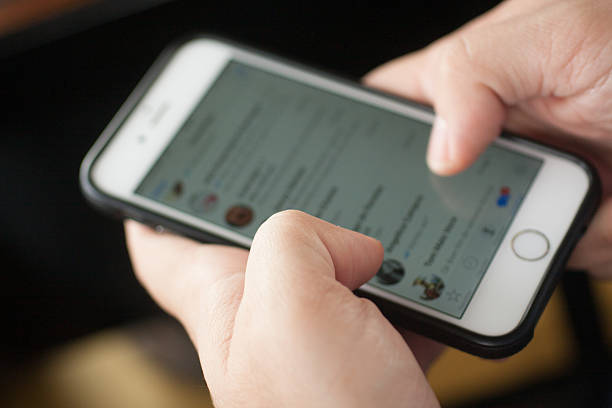Exploring the impact of communication on society and individual perspectives

Introduction
In the ever-evolving realm of communication, one element remains timeless: messages. Whether whispered across candle-lit rooms or pinged across continents in milliseconds, messages continue to be the thread that stitches humanity together. But how exactly do they influence our modern world? Let’s dive into a journey that explores the profound ways messages touch our lives.
Messages: More Than Just Words
The Power of Connection
Messages, in their essence, are connectors. They bridge gaps, be it between friends, family, or even complete strangers. It’s through messages that a mother knows her child’s first words, or a lover learns of their partner’s deepest secrets.
The Fuel to Our Emotions
Every message carries an emotion. Whether it’s the joy of a “Happy Birthday!” text, the sorrow in a condolence letter, or the excitement in a “We did it!” email, messages tug at our heartstrings in ways few other things can.
A Portal to the Past
Historians rely heavily on written messages from bygone eras. Diaries, letters, and inscriptions provide a unique insight into the world that was. They help us understand our history, reminding us of where we came from.
The Digital Era: A New Message Landscape
Instant Gratification and its Pitfalls
The digital age has redefined the way we exchange messages. Instant messaging apps provide real-time connections, but with this immediacy comes the risk of misunderstanding. Sometimes, a hasty reply can ignite unwanted fires.
From Personal Touch to Virtual Hugs
Earlier, messages were hand-written, carrying the personal touch of the sender. Today, emojis and GIFs have taken their place. But does this digitization strip the emotion from the message? Not necessarily. A well-timed meme can convey feelings just as effectively as a hand-written note.
Messages and Identity
How We Perceive and Are Perceived
Messages shape our perception. They influence how we view the world and, in turn, how the world views us. In a professional setting, a well-drafted email can set the tone for future interactions.
In the World of Branding
In the business realm, messages play a pivotal role in branding. Companies spend millions crafting the perfect message to resonate with their audience. A slogan, a tweet, or a jingle can make or break a brand.
The Art and Science of Crafting Messages
Words Matter, So Does Tone
While the choice of words is crucial, the tone accompanying those words carries equal weight. A message delivered in anger can have a vastly different impact than one spoken with love.
Know Your Audience
One of the key aspects of effective messaging is understanding the receiver. Tailoring your message to your audience ensures it hits the mark.
The Power of Miscommunication
When Messages Go Astray
Proper communication is very important. From strained relationships to international conflicts, a misunderstood message can change the course of history.
Clarifying and Rectifying
It’s vital to clarify any ambiguities in messages. Seeking feedback and ensuring the intended message is received correctly can prevent many misunderstandings.
FAQs
– How have messages evolved over time?
Messages have come a long way from stone inscriptions and pigeon-carried notes. Today, they span across emails, texts, tweets, and more, making communication swifter and more diverse.
– Why is the tone of a message important?
Tone adds context to words. It provides cues on the emotion and intent behind a message, ensuring that the receiver interprets it as intended.
– Are digital messages less personal than traditional ones?
Not necessarily. While digital messages lack a physical touch, they can still carry strong emotions, especially with the aid of emojis, GIFs, and other multimedia elements.
– How do businesses use messages for branding?
Businesses craft messages to resonate with their target audience, building a brand image. This can be through slogans, advertisements, social media posts, or customer interactions.
– What is the impact of miscommunication in the professional world?
Miscommunication can lead to misunderstandings, missed opportunities, and conflicts. In business, it’s essential to ensure clarity in messages to maintain smooth operations and good relationships.
– How can one improve their messaging skills?
Practice, feedback, and understanding your audience are key. One should also be aware of cultural and emotional nuances to craft messages that resonate.

Conclusion
In this dynamic, interconnected world, messages stand as pillars of human interaction. They shape our emotions, define our identities, and influence our perceptions. As we continue to innovate and evolve, the essence of messaging remains steadfast, proving that while methods may change, the power of communication is eternal.
